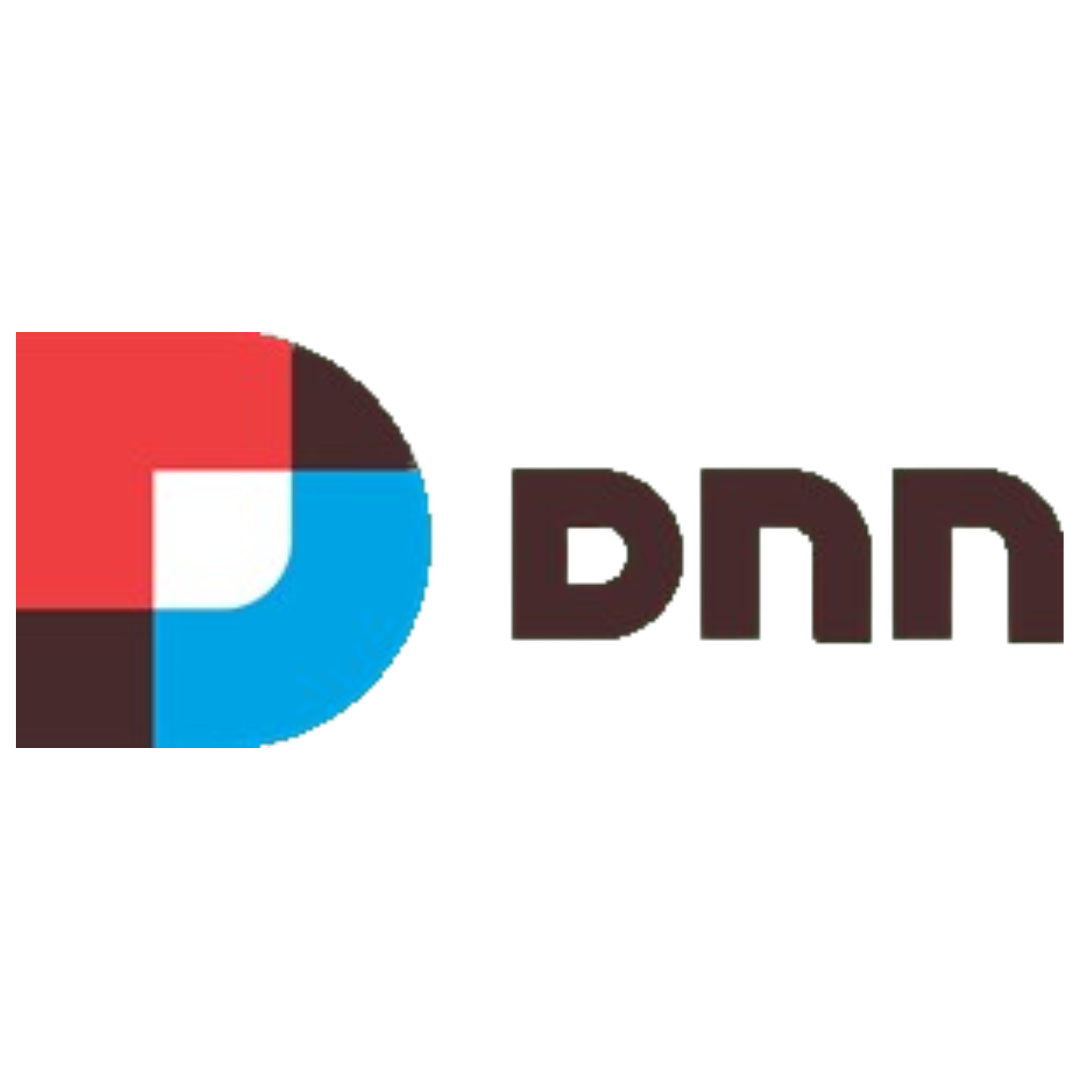
Three Pillars Of Success In The Real Estate Market In South Africa
In the vibrant landscape of South Africa's real estate realm, three towering pillars rise majestically, reshaping the industry and painting a picturesque vision of its future: Technology Integration and Innovation, Regulatory Adaptability and Compliance, and Trust and Transparency. Much like the diverse ecosystems that define South Africa's breathtaking scenery, these pillars stand as interconnected forces, weaving a tapestry of progress and possibility in how we envision, acquire, and cherish properties. The post-pandemic scenario has noticed a tremendous shift of online shoppers from 66% which is expected to reach 35% in no time. Join us on an exhilarating journey through each pillar, where the splendor of South Africa's natural beauty serves as a backdrop to explore their significance and the transformative allure they collectively bestow upon the real estate landscape.
Pillar 1. Technology Integration and Innovation in Real Estate
The real estate landscape is undergoing a profound transformation with the integration of cutting-edge technologies and digital platforms. Online platforms for property listings, virtual tours, and digital documentation have become indispensable tools that streamline processes and enhance accessibility for both buyers and sellers.
Imagine exploring a potential home through a virtual tour from the comfort of your living room. This is now a reality, thanks to the innovative use of technology in real estate. Digital platforms not only provide convenience but also expand the reach of property listings, connecting buyers with their dream homes more efficiently.
Data analytics, another technological boon, is empowering real estate professionals to make informed decisions. By analyzing market trends, pricing strategies, and customer preferences, professionals can navigate the market with a strategic edge. Moreover, data analytics aids in predicting market shifts and optimizing investment opportunities, ensuring that stakeholders are equipped to thrive in a rapidly changing environment.
Technology integration and innovation have become not just catalysts but essential drivers of transformation. These advancements are not merely conveniences but catalysts for revolutionizing property transactions:
1. Enhanced Efficiency and Streamlined Processes
In the fast-paced world of real estate, technology integration has become a game-changer by automating various aspects of property transactions. The tedious manual efforts and paperwork that were once inherent to the industry are now significantly reduced, freeing up valuable time for both real estate professionals and their clients. The advent of digital platforms dedicated to property listings, virtual tours, and documentation has not only ushered in unprecedented convenience but has also ushered in a new era of efficiency.
2. Improved Accessibility for Buyers and Sellers
The emergence of online platforms has revolutionized the way properties are showcased and explored. By providing a centralized space for property listings, these platforms have made it incredibly easy for potential buyers to peruse a diverse range of options from the comfort of their homes. This not only saves time but also enhances the overall accessibility of the real estate market.
3. Expanded Reach and Market Exposure
The global reach afforded by digital platforms is reshaping the way real estate operates. These platforms transcend borders, making property listings accessible to a broad and diverse audience. Sellers, armed with the capability to showcase their properties to a global pool of potential buyers, now have an increased likelihood of finding the perfect match.
4. Informed Decision-Making with Data Analytics
In the information age, data has emerged as a powerful tool for real estate professionals. Data analytics has become instrumental in providing valuable insights into market trends, pricing strategies, and customer preferences. Armed with this information, real estate professionals can make well-informed, data-driven decisions that reduce uncertainties and increase the likelihood of successful transactions.
5. Predictive Analysis for Market Shifts
Predictive analytics tools have taken the real estate industry a step further by enabling professionals to anticipate market shifts and trends. The ability to foresee changes in the market landscape empowers stakeholders to proactively adjust their strategies, ensuring they are well-prepared for the dynamic nature of the real estate sector.
Pillar 2. Regulatory Adaptability and Compliance in Real Estate Market
For a real estate market to flourish, regulatory frameworks must exhibit adaptability to economic changes and societal needs. Flexible regulations enable the market to respond effectively to evolving conditions, fostering stability and growth. As economic landscapes shift and societal priorities change, regulatory adaptability becomes paramount in ensuring the real estate sector remains a resilient and responsive force.
Compliance standards, on the other hand, act as the bedrock of a thriving real estate industry. Ensuring a high level of adherence to ethical and legal standards is not just a legal requirement but a necessity for building trust. Transparent and accountable practices contribute significantly to building trust among investors, homebuyers, and other stakeholders. By prioritizing compliance, the real estate industry lays the groundwork for a reliable and trustworthy marketplace.
1. Economic Resilience
Regulatory adaptability allows the real estate market to weather economic changes. By adjusting to shifts in economic landscapes, the industry can maintain resilience, ensuring sustained growth even in challenging conditions. This adaptability positions the real estate sector as a dynamic force capable of adapting and flourishing, regardless of the economic tides it encounters.
2. Market Stability
Flexible regulations contribute to market stability by allowing for timely adjustments in response to changing conditions. This adaptability prevents abrupt market disruptions and fosters a more predictable and secure environment for stakeholders. By preventing sudden market upheavals, flexible regulations lay the foundation for a stable and resilient real estate landscape that benefits both professionals and clients alike.
3. Responsive to Societal Needs
In a world where societal needs constantly evolve, regulatory adaptability is the key that allows the real estate sector to align itself with emerging priorities such as sustainability, affordable housing, and community development. This responsiveness meets current societal expectations and positions the industry as a proactive contributor to positive social change. By staying attuned to the pulse of societal dynamics, the real estate sector becomes a driving force in creating communities that meet the evolving needs of residents.
4. Encouraging Innovation
Adaptable regulations create an encouraging environment for innovation, allowing the real estate industry to seamlessly incorporate new technologies, business models, and sustainable practices. This flexibility fosters a culture of innovation, ensuring that the sector remains at the forefront of positive change and a pioneer in adopting cutting-edge advancements. By embracing innovation, the real estate industry not only adapts to the modern era but actively shapes it, becoming a beacon of progress and efficiency.
5. Industry Reputation
A real estate industry that prioritizes regulatory compliance builds a strong and positive reputation. This commitment not only attracts clients and investors but also enhances the overall image of the industry in the eyes of the public. A reputable industry becomes a trusted partner in economic development and community building.
Pillar 3. Trust and Transparency for Real Estate Dealings
In an industry built on relationships and substantial investments, trust is the currency that holds everything together. Building trust with clients involves transparent communication, ethical practices, and unwavering integrity in transactions. When clients feel confident that their interests are being prioritized and that the information they receive is accurate and complete, long-term relationships are forged.
Transparency goes beyond mere disclosure; it involves actively providing information clearly and understandably. By adopting transparent practices, real estate professionals not only meet legal requirements but also contribute to a positive reputation that attracts clients and investors alike.
1. Client Confidence and Satisfaction
Building trust through transparent communication and ethical practices instills confidence in clients. When clients feel secure in their dealings with real estate professionals, they are more likely to be satisfied with the overall experience. This commitment to transparency not only satisfies immediate needs but builds a foundation for a lasting relationship, demonstrating a dedication to client well-being beyond the transaction.
2. Long-Term Relationships
Trust is the foundation of long-lasting relationships in the real estate industry. By prioritizing transparency, professionals can establish a rapport with clients that goes beyond individual transactions, fostering loyalty and repeat business. The emphasis on transparency serves as a testament to a professional's integrity, creating relationships that stand the test of time and extend far beyond the closing of a deal.
3. Positive Reputation
Trust and transparency contribute significantly to a positive professional reputation. Word-of-mouth recommendations and positive reviews from satisfied clients are often based on the integrity and transparency demonstrated throughout the real estate process. Positive professional reputations, rooted in transparency, act as a magnet, drawing clients who value integrity and honesty in their real estate transactions.
4. Attracting Investors
Investors, whether individual or institutional, are more likely to engage with real estate professionals who have a track record of transparency. Clear and open communication builds credibility, making it more attractive for investors to collaborate on real estate ventures. Investors value transparency as it provides them with the confidence that their interests align with those of real estate professionals, creating a conducive environment for successful and mutually beneficial investments.
5. Enhanced Negotiation Processes
Trust facilitates smoother negotiation processes. When all parties involved trust each other's intentions and information, negotiations are more likely to be cooperative rather than adversarial, leading to mutually beneficial outcomes. The cultivation of trust in negotiations is an investment in future collaborations, creating an atmosphere where parties are more likely to engage in fair and respectful dealings, ultimately enhancing the overall negotiation experience.Conclusion
As we conclude our exploration of the transformative pillars shaping the real estate industry, it becomes evident that the fusion of technology, adaptive regulations, trust, and transparency is crafting a new narrative. Well, well…. It’s not just about the rising technology rates but 83% of the e-commerce organizations also sell online. Technology has streamlined processes, regulatory adaptability has fostered resilience, and trust has become the currency that holds the industry together. In this dynamic landscape, where innovation meets integrity, the future of real estate promises not only efficiency and growth but enduring relationships and a trustworthy marketplace.
You can also visit related blogs:


































































comments for "An Interview with Exavibes Services"
Leave a Reply